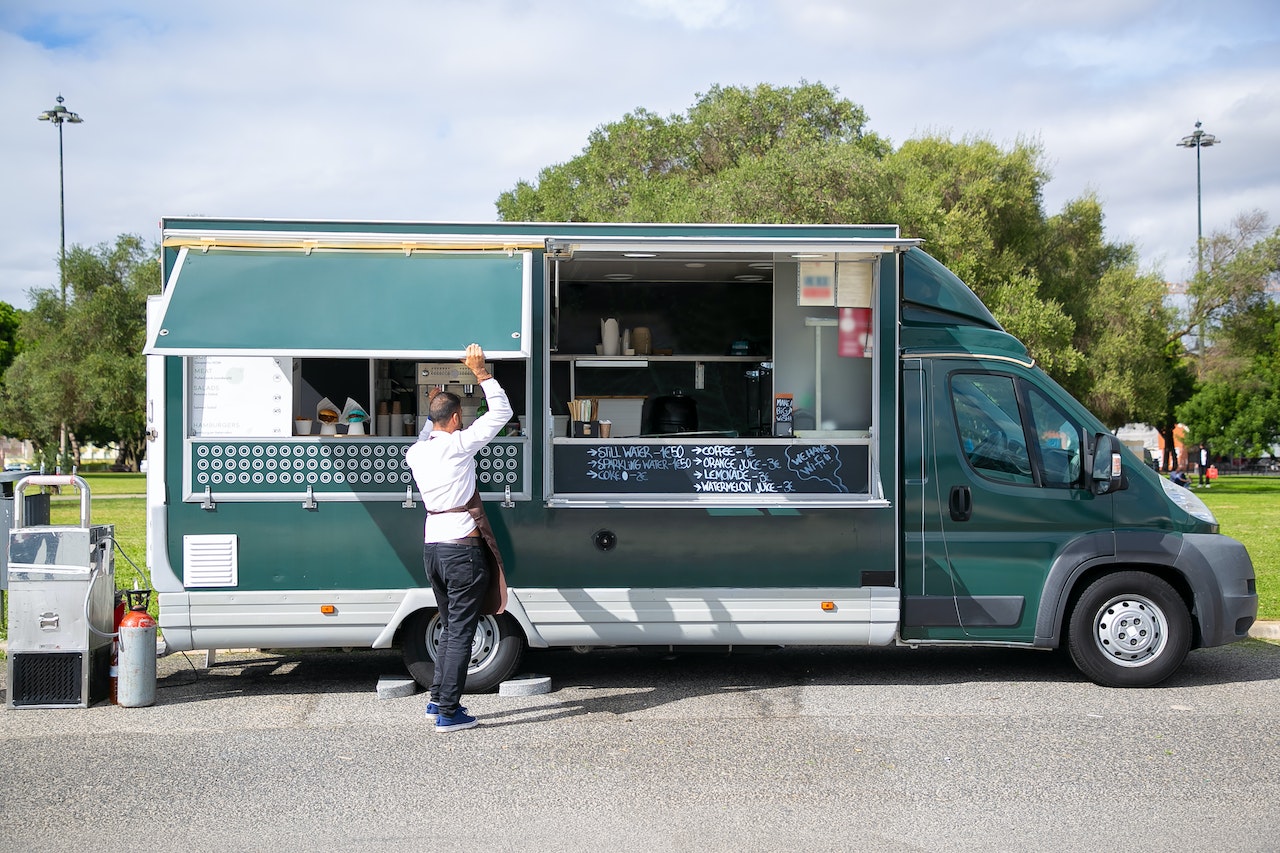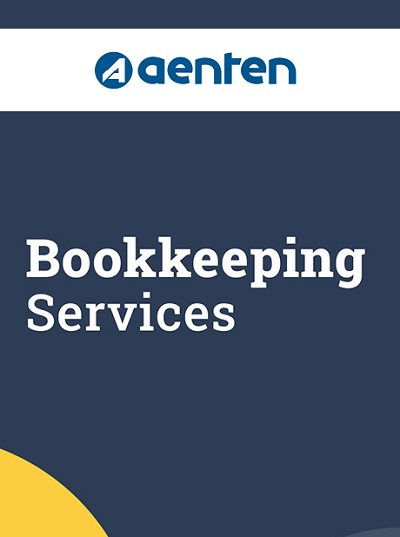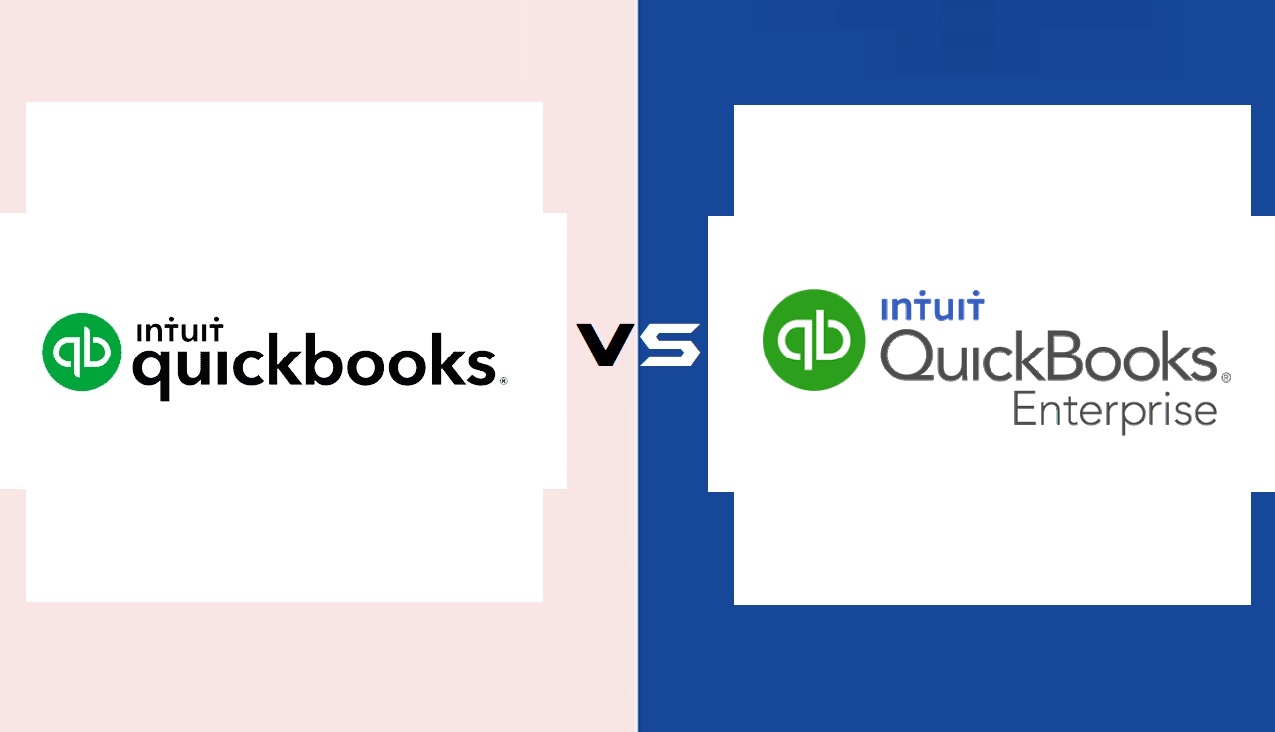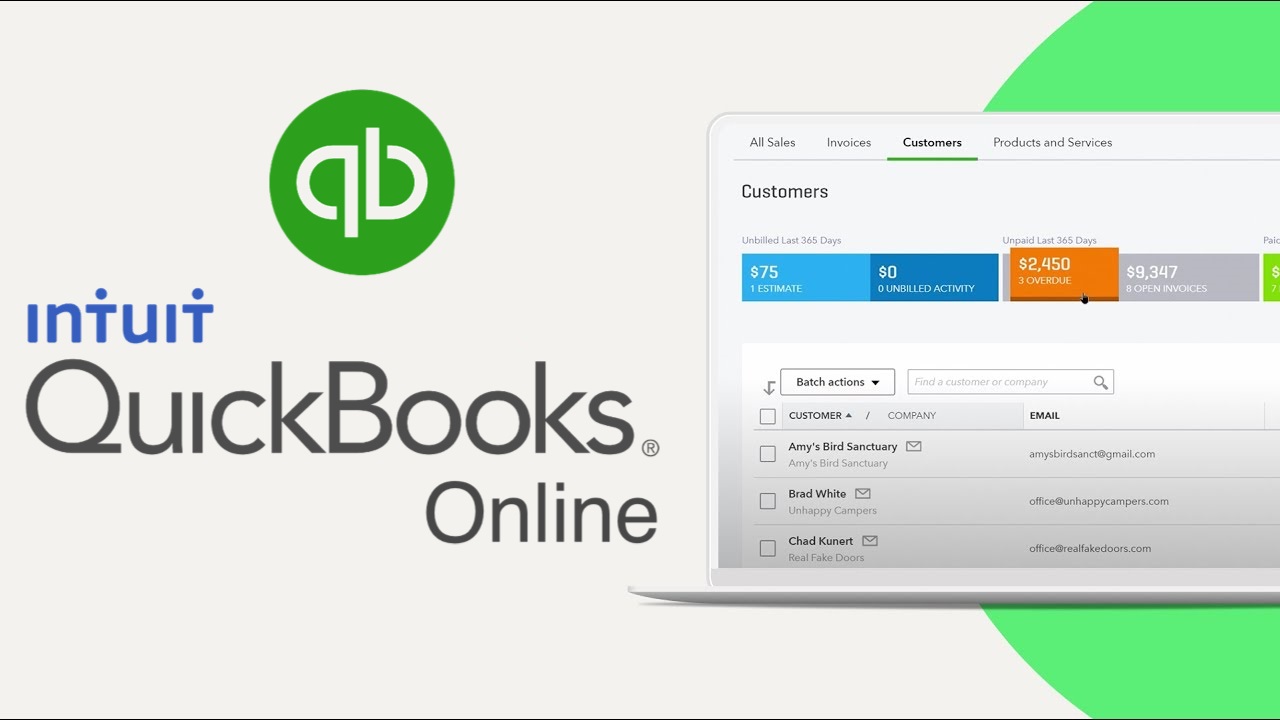As a food truck owner, you have a unique business model that allows you to bring your delicious cuisine directly to your customers. However, managing the finances and taxes for your food truck can be challenging. Here are the top 15 tax tips and deductions for food truck owners to help you save money and stay organized.

- Keep Accurate Records : It is crucial to keep accurate records of all your business expenses, income, and sales tax collected. You can use accounting software like QuickBooks or spreadsheets to track your expenses and income.
- Separate Personal and Business Expenses : It is essential to separate your personal and business expenses to avoid confusion during tax time. You should have separate bank accounts, credit cards, and financial statements for your business.
- Choose the Right Business Structure : The right business structure can help you save on taxes and reduce liability. You can choose from a sole proprietorship, partnership, LLC, or S-Corporation. Each structure has its own tax benefits and drawbacks, so it is essential to consult a tax professional before deciding.
- Understand Sales Tax Laws : You must understand the sales tax laws in your state and collect sales tax on all taxable goods and services. You can check with your state’s tax department to learn more about the rules and regulations.
- Track Your Mileage : As a food truck owner, you are likely driving a lot to various events and locations. Keep track of your mileage and related expenses, such as gas and maintenance, as these are tax-deductible.
- Deduct Business Expenses : You can deduct business expenses such as food and supplies, marketing and advertising, equipment, and insurance. Be sure to keep receipts and invoices to support your deductions.
- Claim Depreciation : You can claim depreciation on your food truck and equipment, which allows you to deduct the cost of the assets over time. This can help reduce your taxable income.
- Take Advantage of the Home Office Deduction : If you use a portion of your home for business purposes, you may be able to claim a home office deduction. This deduction allows you to deduct a portion of your home expenses, such as rent, utilities, and internet.
- Hire Family Members : You can hire family members to help you with your food truck business and deduct their salaries as a business expense. This can also help reduce your taxable income.
- Contribute to Retirement Plans : Contributing to a retirement plan, such as a SEP IRA or solo 401(k), can help you save on taxes and prepare for retirement. You can deduct your contributions on your tax return.
- Don’t Forget About Estimated Taxes : As a self-employed individual, you are required to pay estimated taxes throughout the year. You can use Form 1040-ES to calculate and pay your estimated taxes.
- Keep Up with Tax Deadlines : It is crucial to keep up with tax deadlines to avoid penalties and interest charges. Make sure to file your tax returns and pay any taxes owed on time.
- Consider Hiring a Tax Professional : If you are not confident in your tax knowledge or have a complex tax situation, consider hiring a tax professional. They can help you navigate the tax code and ensure you are taking advantage of all available deductions.
- Stay Up-to-Date on Tax Law Changes : Tax laws can change frequently, so it is essential to stay up-to-date on any new tax laws that may affect your food truck business.
- Use Tax Software : Tax software can help simplify the tax preparation process and ensure you are accurately reporting your income and expenses. There are many options available, including TurboTax and H&R Block.
Also Read : Tax Savings Recipe for Caterers.
Conclusion
In conclusion, managing the finances and taxes for your food truck business can be complex, but these top 15 tax tips and deductions for food truck owners can help you stay organized and save money. Keeping accurate records, separating personal and business expenses, choosing the right business structure, understanding sales tax laws, tracking your mileage, deducting business expenses, claiming depreciation, and taking advantage of the home office deduction are all important ways to reduce your tax liability.
Additionally, hiring family members, contributing to retirement plans, paying estimated taxes, keeping up with tax deadlines, considering hiring a tax professional, staying up-to-date on tax law changes, and using tax software can also help you manage your taxes more efficiently.
By implementing these tax tips and deductions for food truck owners, you can focus on growing your business and providing delicious food to your customers while saving money on taxes. Remember to consult with a tax professional for specific advice on your unique situation and to ensure compliance with all tax laws and regulations.




